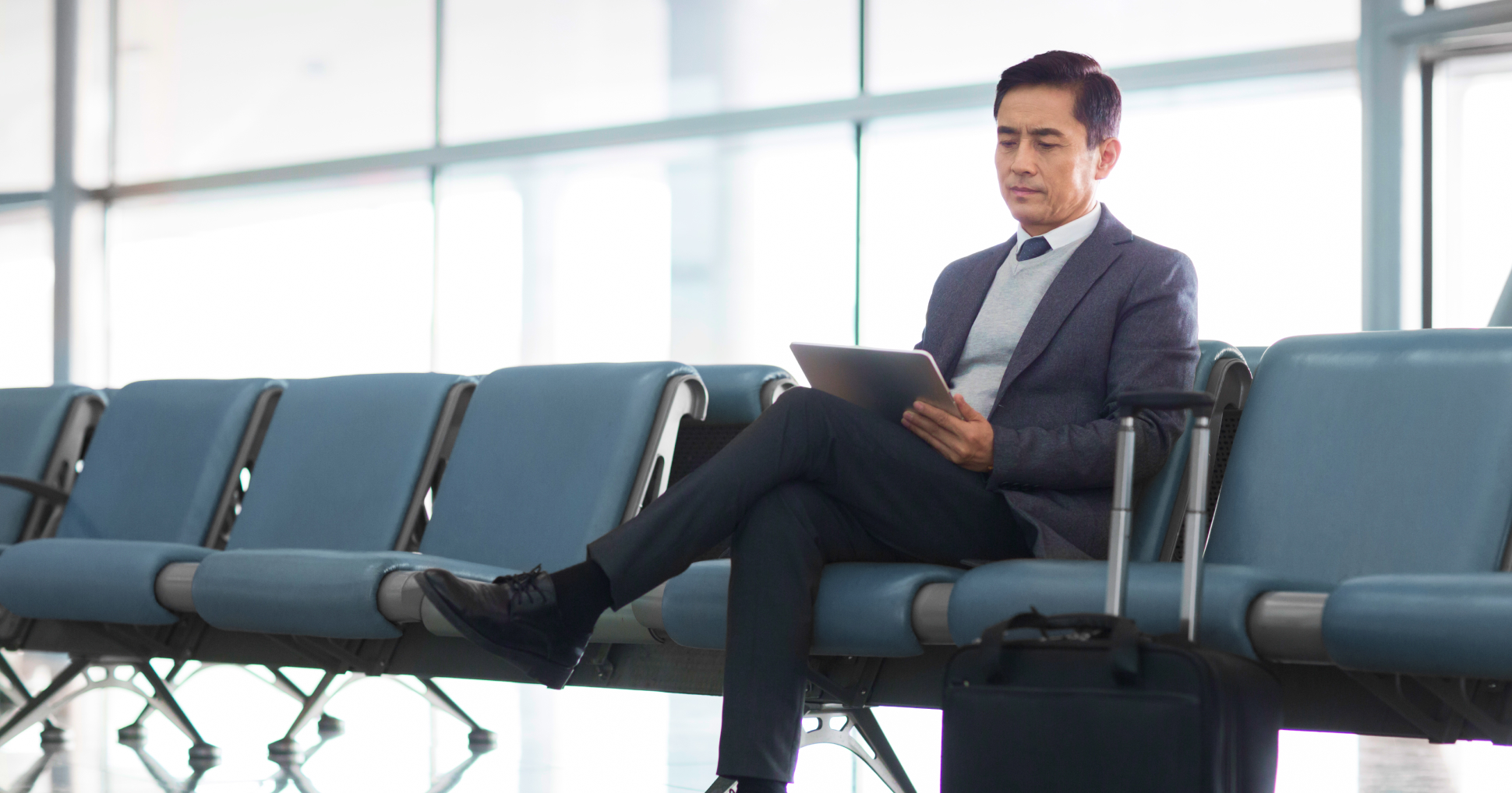The travel industry has seen extreme shifts during the last three years. From being almost grounded during the pandemic to utter chaos during the holiday season in the US and Europe, the industry is still trying to adapt to the shift in travel patterns, markets, and technology. One of the technological trends emerging after the pandemic is the growth of digital payments in both business and consumer travel markets.
According to the World Tourism Organisation (WTO), international tourist arrivals more than doubled, up by more than 130%, compared to January 2021. According to the WTO, arrivals grew by 18 million, the same as in 2021 and 2022 combined. The organisation says domestic travel in the US drives this rapid recovery.
Blue skies and new markets
Enter a new category of traveller. The laptop lugger or untethered worker. Say Namaste to travellers who head for Bali with their laptops, a rucksack, mobile phones, and quinoa recipes to give a whole new meaning to work and life balance. You’ll find them in Vegan coffee shops sipping Yogi tea at 10 in the morning, doing deals most people can only dream of. They live their lives on Instagram and TikTok to entertain their millions of followers to show how to live large without paying the price of investing significant amounts of time or skills. They are high earners, stay long and love the convenience of digital payments.
Speciality travel is growing. Tourists travel abroad or locally for health, wellness, and study reasons. The health and wellness markets have experienced tremendous growth this year, with people travelling for medical procedures like abortions and cosmetic surgery. In the US alone, domestic travel has increased after abortion laws changed in some states. Various corporates offer financial support for abortion access as a benefit to ease the cost, making travel more accessible to women. Digital wallets, payments, and mobile make an already traumatic experience less so due to the ease of use and seamless, flexible transfers. Users can budget, track payments, upload receipts, get digital approvals for procedures, and avoid carrying cash.
Some general stats by the European Central Bank might give you an insight into spending patterns using either cash or debit/credit cards. By 2024, digital wallets and cards will account for 84.5% of ecommerce spend. Contactless card payments at point-of-sale increased considerably in three years, from 41% of all card payments in 2019 to 62% in 2022. Considering the inconvenience of finding an ATM in a foreign city, valuta exchange rates and costs, and the risk of being robbed, we can safely assume this figure to be even higher for travellers. Another interesting insight from ATM marketplace is that general ATM withdrawals are declining in number but increasing in value, and card payments are increasing in value and in number.
Departure Hall: Business and Corporate Travel
Virtual, mobile, and invisible payments are transforming the corporate travel industry. Gone are the days of handing in slips gathered during a business trip only to wait for the accounts department to process them before you are reimbursed. Corporates can say goodbye to the red tape involved in expense reporting, and reimbursement.
The future of travel has landed in the form of digital payments. A key insight is that business travellers expect the same user experience they have as consumers. They don’t want to be told where to stay, which taxi to use, or what payment options suit them best because the company they work for says so. Companies like Airbnb and Uber have created a sharing economy where private assets are shared. It messes with corporate systems and does not accommodate insurance and security concerns.
Distribution channels have become fragmented with travel providers like airlines and hotels selling less inventory on managed travel channels and online travel agencies.. Travel apps like Booking.com, TripAdvisor, and Kayak sell flights, accommodation, transport, and more via mobile apps. Bookings can be done and changes made on the fly via a mobile phone. Payments are made instantly and approved or pre-loaded by the accounts department via an expense management system. Corporations can immediately see if expenses fall within their travel policies, and either approve or reject them. Everything happens instantly. It means that the traveller and the company can benefit from last-minute discounts or changes in their travel plans and requirements.
These are just some benefits travellers and corporations gain from using digital payments. If you add improved supplier relationships because they don’t have to rely on wire transfers or checks that have to be cleared before they receive payments, you can see why travel will never be the same again in both business and leisure markets.
If you want to see your money travel further, faster and give your customers a better online experience with more payment options and frictionless checkouts, speak to Truevo. We’ll enable you to accept payments for accommodation, holiday packages, and travel insurance in over 150 countries in EUR, GBP or USD. Let’s talk! The sky is not the limit with us.



